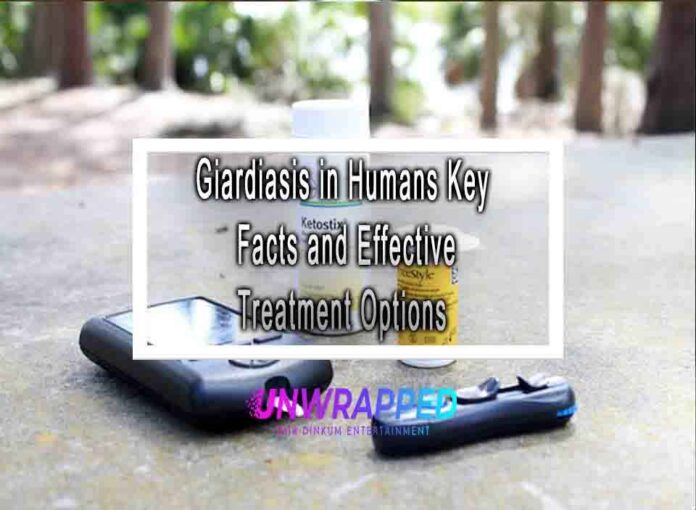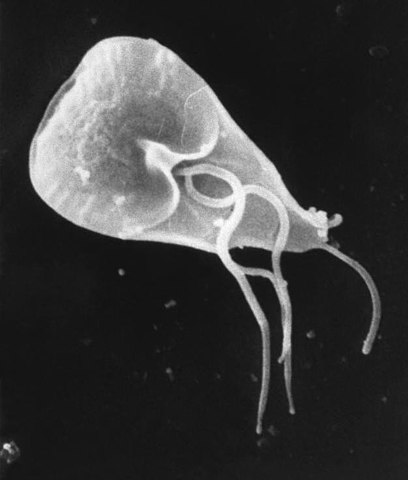Giardiasis is a gastrointestinal infection caused by the parasite Giardia lamblia (also known as Giardia intestinalis or Giardia duodenalis). It affects the small intestine and can lead to various digestive symptoms. Here are key facts about giardiasis in humans and effective treatment options:
Key Facts:
- Transmission: Giardiasis is commonly transmitted through the ingestion of water or food contaminated with Giardia cysts. It can also be spread through person-to-person contact in some cases.

- Symptoms: Giardiasis can cause symptoms such as diarrhea, abdominal cramps, gas, nausea, and fatigue. In some cases, it may lead to weight loss and dehydration.
- Incubation Period: Symptoms usually appear 1 to 2 weeks after exposure to the parasite, although some individuals may remain asymptomatic carriers.
- Diagnosis: Diagnosis is typically made through stool sample analysis to detect the presence of Giardia cysts or trophozoites.
- Prevalence: Giardiasis is a common cause of diarrheal illness worldwide, especially in areas with inadequate sanitation and water treatment. It can affect individuals of all ages.
Effective Treatment Options:
Antiparasitic Medications:
- Metronidazole (Flagyl) and tinidazole are commonly prescribed antiparasitic medications. These drugs are effective at killing the Giardia parasite.
Paromomycin:
- Paromomycin is another medication that may be used to treat giardiasis, especially in cases where metronidazole is not suitable or for specific patient populations.
- Hydration: Giardiasis can cause dehydration due to diarrhea. Staying well-hydrated is essential. Oral rehydration solutions (ORS) can help replace lost fluids and electrolytes.
Good Hygiene Practices:
- Practice good hygiene, including frequent handwashing with soap and clean water, to prevent the spread of Giardia. This is particularly important in situations where the infection is easily transmitted, such as childcare settings.
Avoid Contaminated Water:
- Avoid drinking untreated water from potentially contaminated sources, such as streams, rivers, or wells with questionable water quality.
Food Safety:
- Ensure proper food safety measures, including cooking food thoroughly and practicing safe food handling and preparation techniques to prevent the ingestion of Giardia cysts.
Environmental Hygiene:
- Maintain good sanitation practices in areas with a high risk of contamination, particularly in crowded or underdeveloped regions.
Pets and Animals:
- Practice good pet hygiene and ensure that your pets are not carrying Giardia, as some strains can infect humans.
Travel Precautions:
- When traveling to areas where giardiasis is more common, take precautions to avoid exposure to contaminated water and food.
Reinfection Prevention:
- After successful treatment, take steps to prevent reinfection. This includes practicing good hygiene and avoiding potential sources of contamination.
It’s important to seek medical attention if you suspect you have giardiasis, especially if you are experiencing severe symptoms, as treatment can help alleviate symptoms and prevent complications. Additionally, maintaining good hygiene and following preventive measures is key to avoiding giardiasis.












